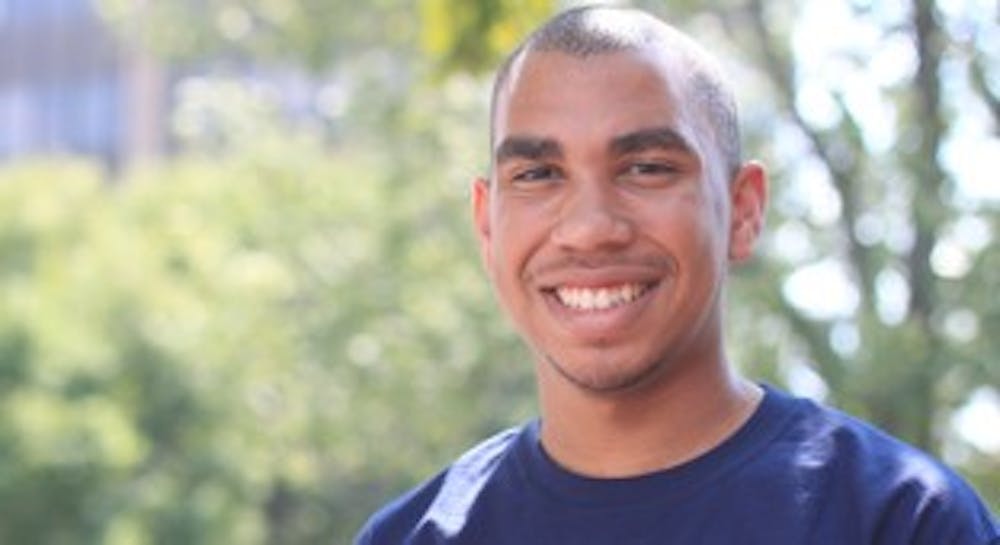Statistics showing that there are only 98 black males in UNC’s class of 2017 have led to discussions that the UNC athletic program does more to bring minority males to campus than any other campus program.
This assertion is just one part of a larger stereotype that minorities, especially blacks, are only fit to come here if they can play a sport. This assertion also ignores the efforts of minority recruitment programs, as well as diversity and cultural awareness organizations like the Black Student Movement.
Of course, I’m not saying that we shouldn’t be proud that there are talented minority athletes at this school. But the thought that our athletic program is the anchor for minority students is downright ridiculous. In turn, are we not proud of the athletes who are not minorities? Should I, as a black male, not be celebrated by my peers because I was admitted to UNC solely for academic reasons?
This letter represents a greater outlook on campus that because there are only 98 black males in the class of 2017, we should be celebrating the football team for bringing in most of those numbers. As far as I’m concerned, nothing should be celebrated. We should be upset that there isn’t just as strong recruitment of capable students without athletic talent.
This mindset attempts to diminish the efforts of the Office of Diversity and Multicultural Affairs, which encourages hundreds of capable students to attend this University each year.
Project Uplift, the office’s flagship program, should be applauded for bringing minorities to UNC — not athletic recruitments. Of the prospective students who attended Project Uplift in Spring 2012 and applied to the University that fall, 61 percent were admitted for the first decision cycle.
Because I have served as a Project Uplift counselor, I think it is fair to say that most students would say that it deserves celebration as well.
Being that this mindset of athleticism being equivalent to ethnicity is a larger issue concerning minority recruitment and retention, it shall continue to be addressed until change begins to happen.
Dispelling these stereotypes and ignorance, as well as bringing awareness to the problem, is just the start.



